9 GPTs for Metadata Optimization Powered by AI for Free of 2025
AI GPTs for Metadata Optimization refer to the specialized application of Generative Pre-trained Transformers in enhancing, organizing, and managing metadata. These tools leverage the power of AI to automate the process of metadata creation, curation, and optimization, making them crucial for improving searchability, accessibility, and the management of digital assets. By analyzing content and context, they generate accurate and relevant metadata, streamlining workflows in various industries.
Top 9 GPTs for Metadata Optimization are: ASO Buddy,SEO Video Maestro,Apple AppStoreConnect API Complete Code Expert,ASO GPT,ASO GPT with AppTweak API,MetaMaster,Meta Creator,SEO Content Writer - eCommerce,App Publisher Assistant
ASO Buddy
Elevate Your App's Store Presence with AI-Powered ASO
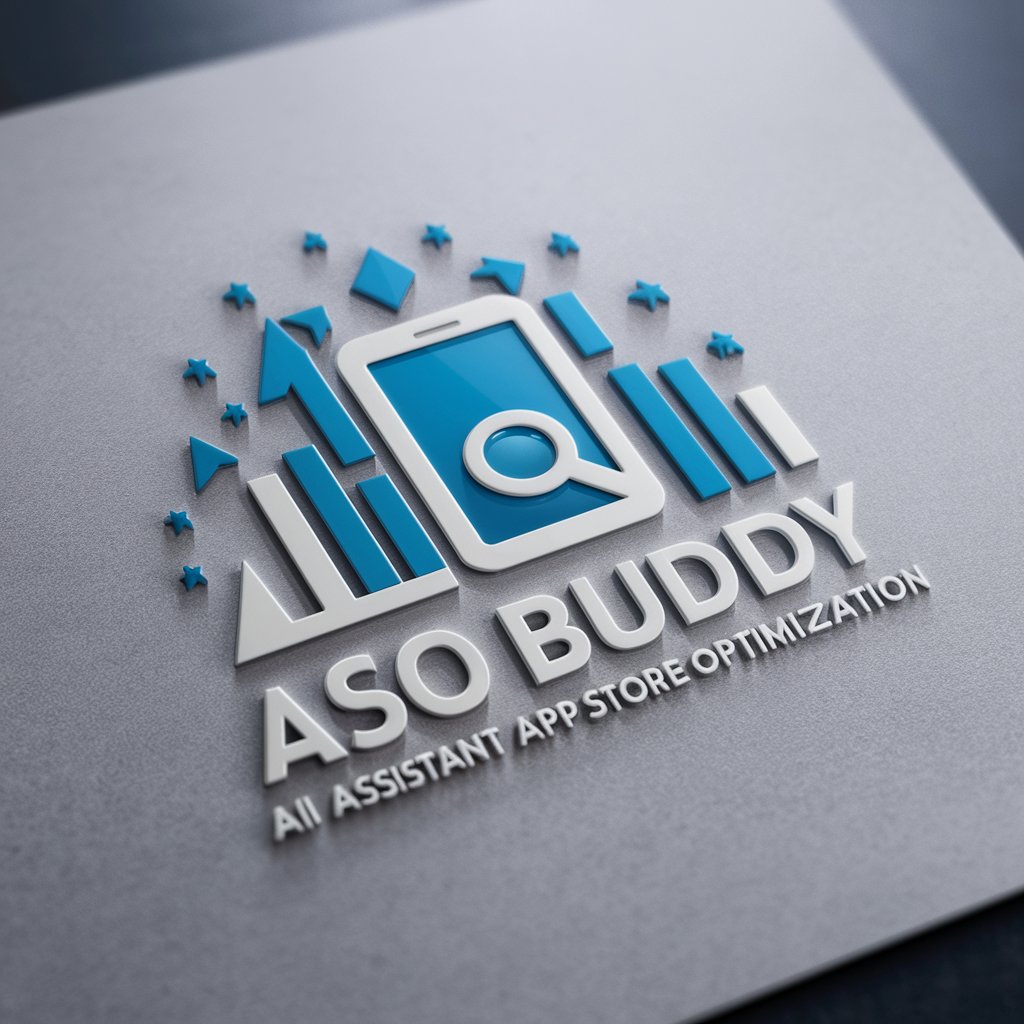
SEO Video Maestro
Optimize Your YouTube Presence with AI-Powered SEO

Apple AppStoreConnect API Complete Code Expert
AI-driven AppStore API Solutions
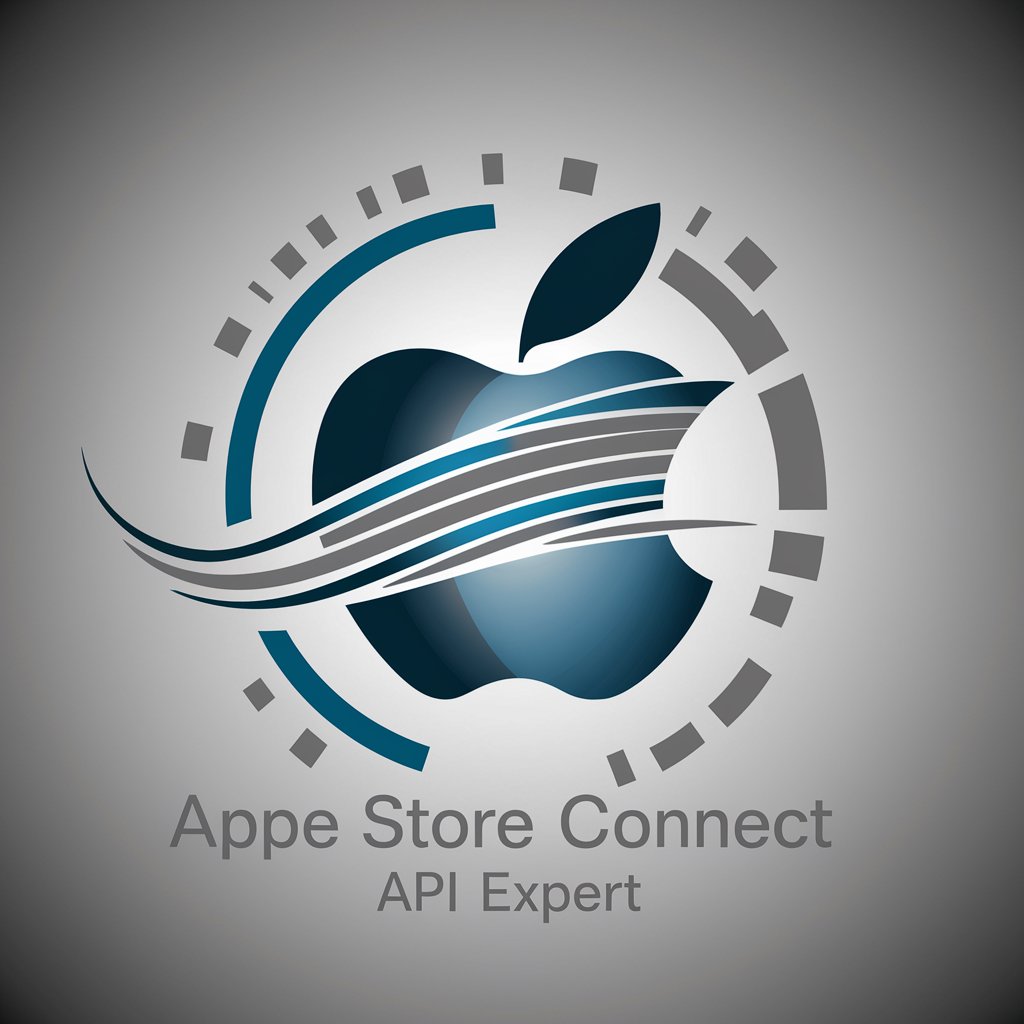
ASO GPT
Elevate Your App's Potential with AI
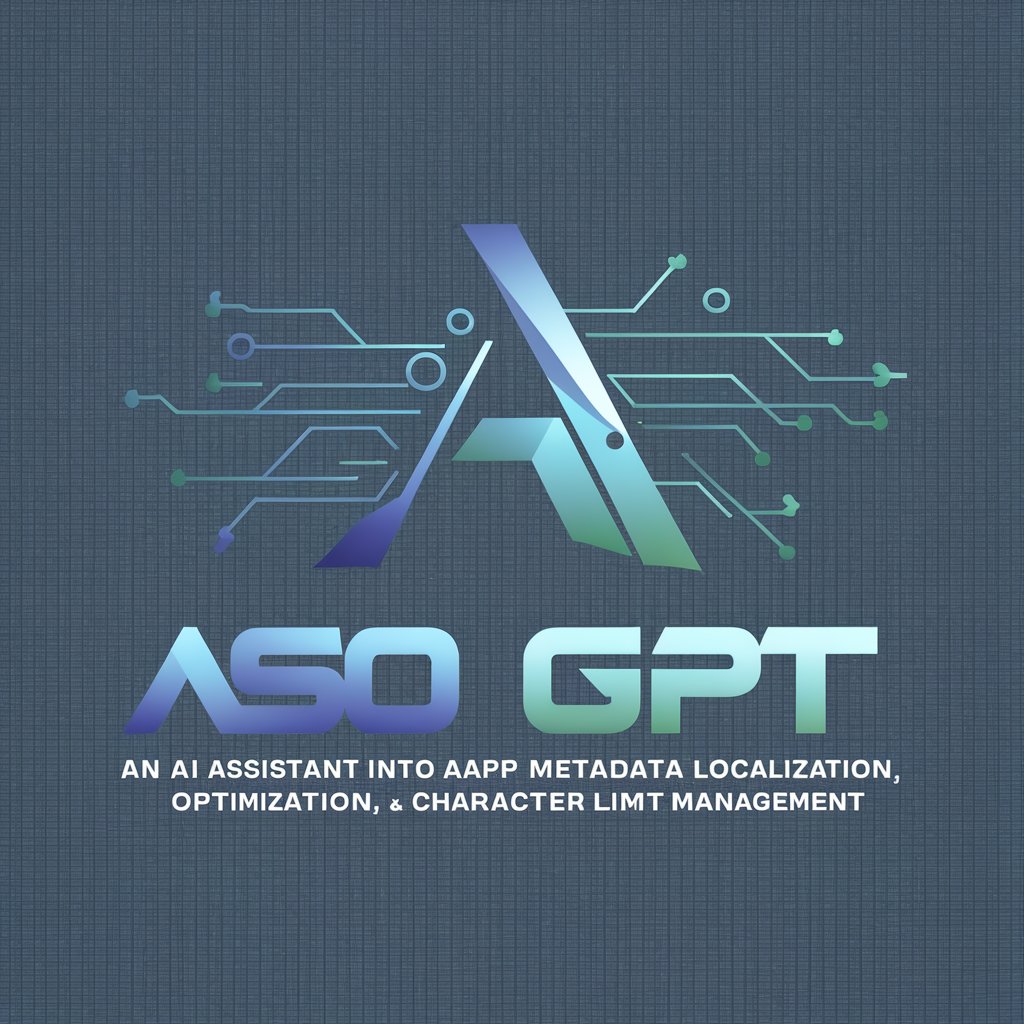
ASO GPT with AppTweak API
Optimize your app's store presence with AI-driven insights.
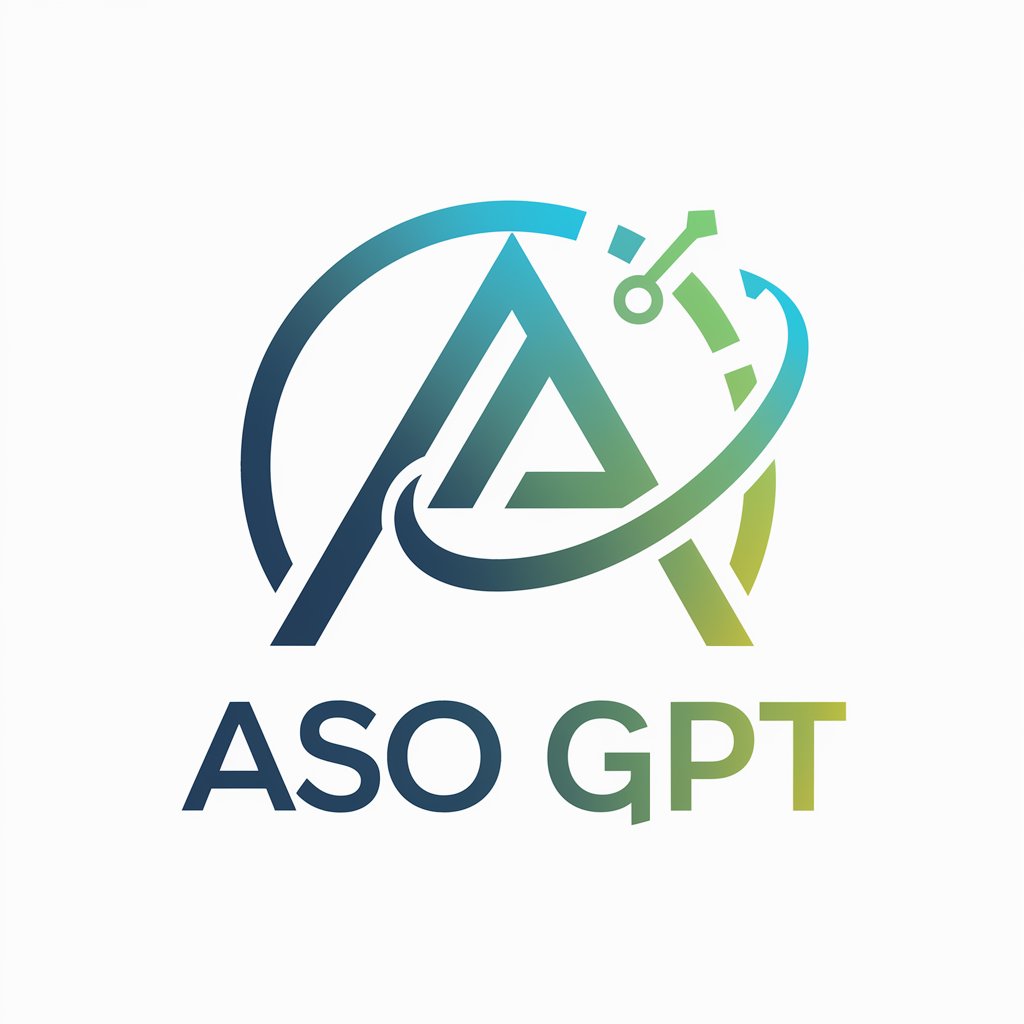
MetaMaster
Elevate Content with AI-Powered Precision

Meta Creator
Crafting precise metadata for AI-powered images.
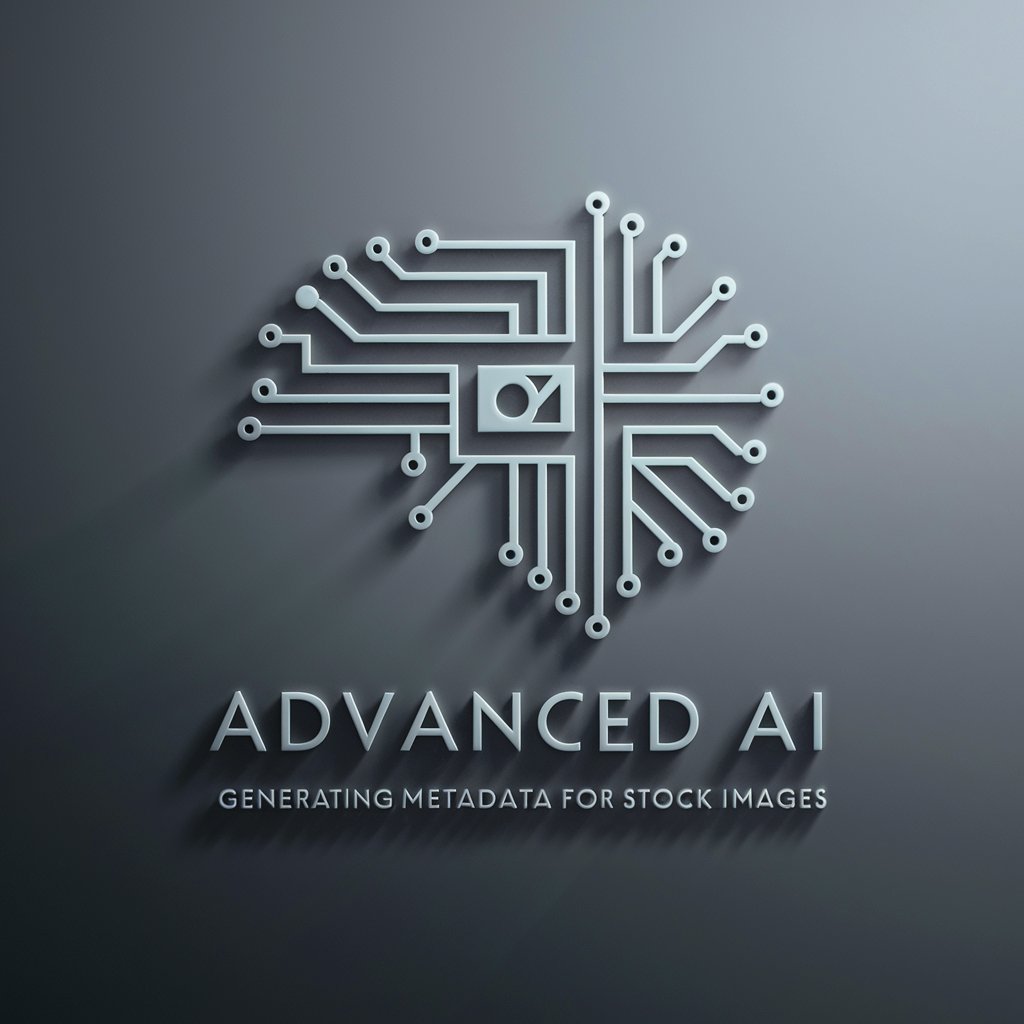
SEO Content Writer - eCommerce
AI-powered SEO content generation
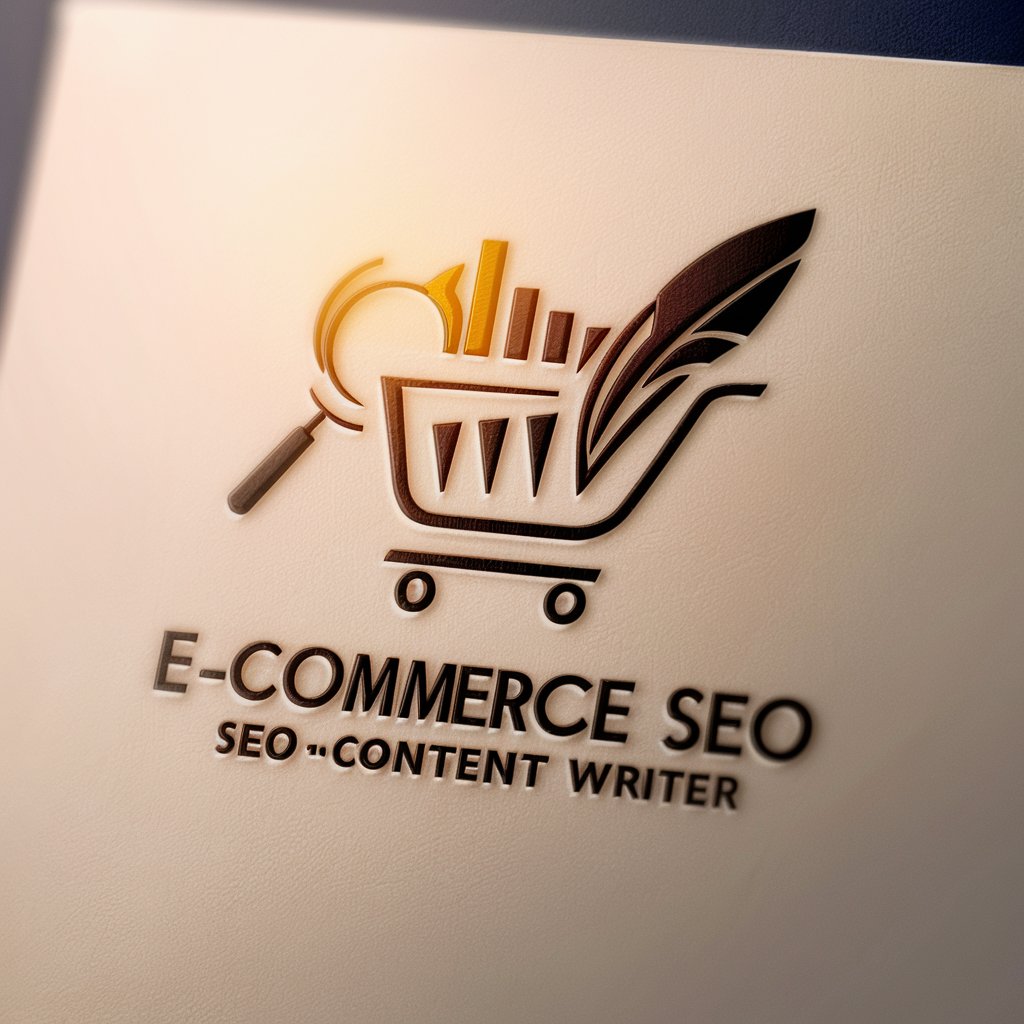
App Publisher Assistant
Elevate Your App with AI-Powered Insights

Essential Attributes of AI GPTs in Metadata Optimization
These GPTs tools are known for their adaptability, scaling from basic to advanced metadata management tasks. Key features include natural language understanding for generating descriptive tags, automated classification and tagging of digital assets, and the ability to learn and adapt from user feedback. Special functionalities may also encompass technical support, web searching capabilities, image tagging, and comprehensive data analysis, enhancing the precision and efficiency of metadata optimization processes.
Who Benefits from Metadata Optimization GPTs
AI GPTs for Metadata Optimization are designed for a wide range of users, including digital asset managers, content creators, SEO specialists, and information technology professionals. They cater to novices by providing easy-to-use interfaces for basic tasks, while also offering advanced programming capabilities for developers and professionals seeking customized solutions, thereby making metadata management more accessible and effective.
Try Our other AI GPTs tools for Free
Game Localization
Unlock the full potential of global game publishing with AI GPTs for Game Localization. These advanced tools streamline translation and cultural adaptation, making your games universally accessible and culturally resonant.
Dialogue Scripting
Discover how AI GPTs revolutionize dialogue scripting with advanced natural language processing, adaptable to various contexts and languages, making scriptwriting and chatbot development accessible to all.
Contextual Translation
Discover AI-driven Contextual Translation: Harness the power of GPTs for nuanced, accurate translations that understand context and cultural subtleties.
Narrative Essays
Discover how AI GPTs for Narrative Essays can transform your writing with advanced AI tools designed for creativity, analysis, and refinement of narrative content.
Brand Voice Customization
Discover how AI GPTs revolutionize Brand Voice Customization, offering tailored content creation that aligns with your brand's unique style and tone.
Marketing Research
Discover how AI GPTs revolutionize Marketing Research with tailored solutions for data analysis, consumer insights, and strategy formulation. Elevate your marketing game with cutting-edge technology.
Expanding the Impact of GPTs in Metadata Management
Beyond immediate metadata tasks, these AI tools offer potential for integration into larger systems, providing seamless workflows and enhancing data interoperability across platforms. User-friendly interfaces and customizable features allow for a broad adoption, from small projects to enterprise-level applications, showcasing the versatility of GPTs in addressing complex metadata challenges.
Frequently Asked Questions
What exactly does Metadata Optimization involve?
Metadata Optimization involves improving the quality, accuracy, and relevancy of metadata to enhance the searchability and management of digital assets.
How do AI GPTs improve metadata creation?
AI GPTs automate the process of generating descriptive tags and categories, ensuring metadata is both accurate and contextually relevant.
Can these tools adapt to specific industry needs?
Yes, AI GPTs can be tailored to meet the unique metadata standards and requirements of different industries through training and customization.
Are there any prerequisites for using these GPTs tools?
No specific prerequisites are needed for basic functions; however, advanced customization may require some programming knowledge.
Do these tools support multiple languages for metadata?
Yes, many GPTs tools are designed to support multiple languages, making them suitable for global digital asset management.
How do GPTs tools handle large volumes of digital assets?
They utilize advanced algorithms to efficiently process and optimize metadata for large datasets, improving scalability and performance.
Can users provide feedback to improve metadata accuracy?
Yes, user feedback can be integrated to refine the AI models, enhancing the relevance and accuracy of generated metadata over time.
What are the potential applications of metadata optimization in e-commerce?
In e-commerce, metadata optimization can enhance product discoverability, improve search engine rankings, and provide better customer experience through accurate product descriptions and classifications.